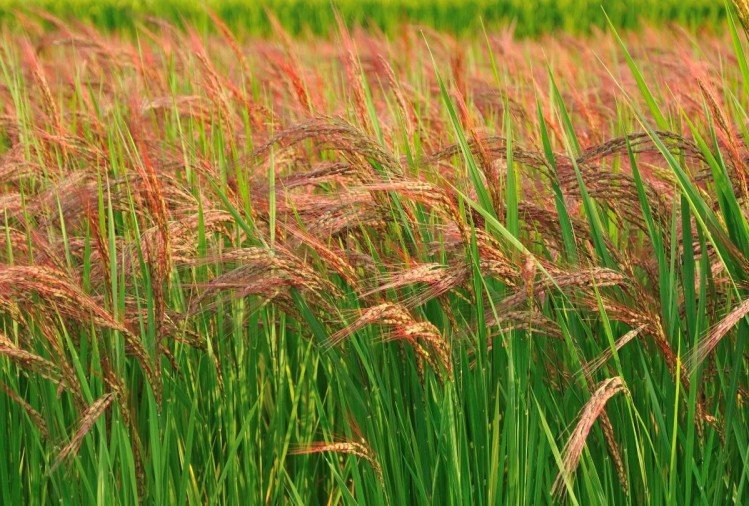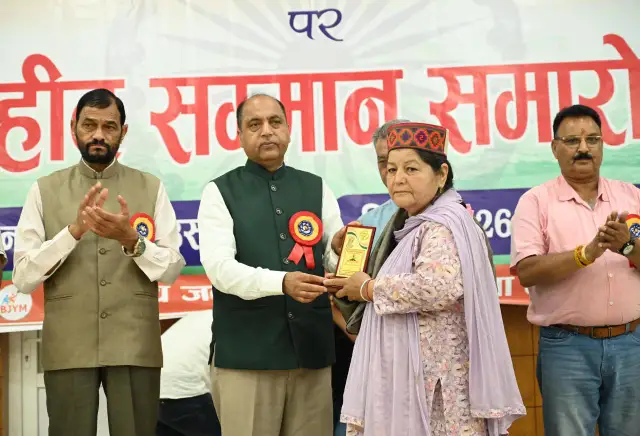Direct benefit transfer policy to be implemented for farmers in State: Virender
3 min read
Image Source Internet
Shimla, Dec. 16 – The purpose of Direct Benefit Transfer (DBT) is to transfer the subsidy money directly into the bank accounts of the beneficiaries and to re-engineer the existing process in welfare schemes for simpler and faster flow of information to insure the accurate targeting of the beneficiaries, de-duplication, and reduction of fraud. This was stated by Agriculture and Animal Husbandry Minister Virender Kanwar while reviewing the schemes being implemented by Agriculture and Animal Husbandry Departments here today.
The Agriculture Minister said that to benefit the farmers of the state Direct Benefit Transfer Policy will be implemented soon in the state. This policy will not only help in realizing Prime Minister Narendra Modi’s vision of doubling farmers’ income by the year 2022, but the farmers will also get the direct benefit from the schemes run by the government.
He also stressed not being dependent on other states for seeds and producing seeds in the state itself. This would not only help in providing better prices to farmers for their produces but would also facilitate in getting subsidy through direct benefit transfer on high yielding seeds, weeds and pesticides. He said that so far now 25740 quintals of maize, paddy and various types of vegetable seeds, fodder seeds of hybrid varieties and 129000 quintals of wheat barley, berseem, pulses, and oilseeds have been distributed to farmers by the Agriculture Department. 40846.45 quintal wheat seeds have been prepared in the state itself.
The Agriculture Minister directed the officials to develop an e-portal for the online transparency process and for submitting applications so that farmers do not have to visit the offices to solve their problems. He said that the schemes being implemented by the Agriculture Department should be made aware through pamphlets, agricultural training camps and farmers’ fairs etc. so that farmers can take advantage of the schemes. He said that farmers should also be made aware about soil testing, fertilizer and plant protection licenses etc.
Virendra Kanwar said that farmers in the state are abandoning traditional farming and adopting cash crops, due to which many traditional products have disappeared from the markets, which is a matter of concern. In order to bring this farming back into existence, the Indian traditional farming system is being promoted on a large scale by the Department of Agriculture. Traditional farming scheme has been implemented in every district of the state under which farmers groups were formed at village and block level and farmers are being trained to practice traditional agriculture. He said that to encourage traditional farming in the state, farmers are being given a subsidy up to 85 percent in the purchase of certified high-quality seeds.
He said that to encourage agricultural activities in the state, youth should be trained and values of farming should be inculcated among children so that they adopt agriculture as a profession and do not have to go out of the state for employment.
Later while reviewing the work of the Gau Seva Aayog, he directed the officers to tag all the destitute cows and to prepare a draft on the provision of punishment against those who were involved in tampering with tags.





